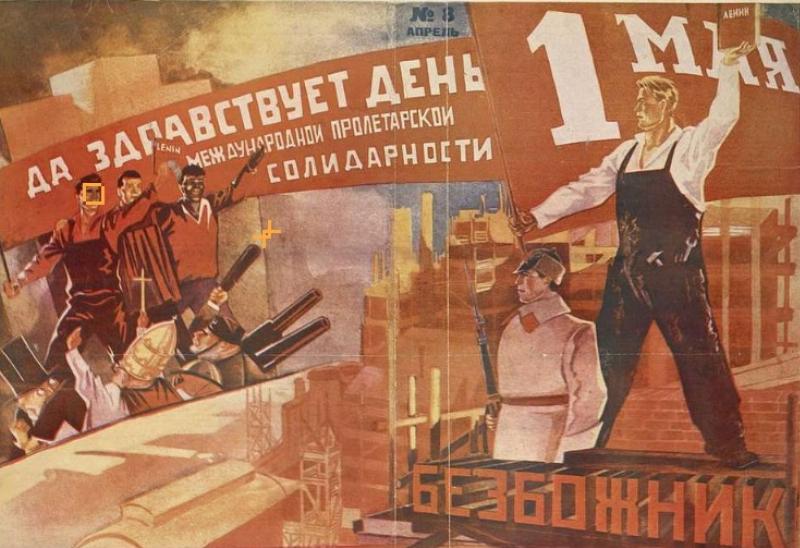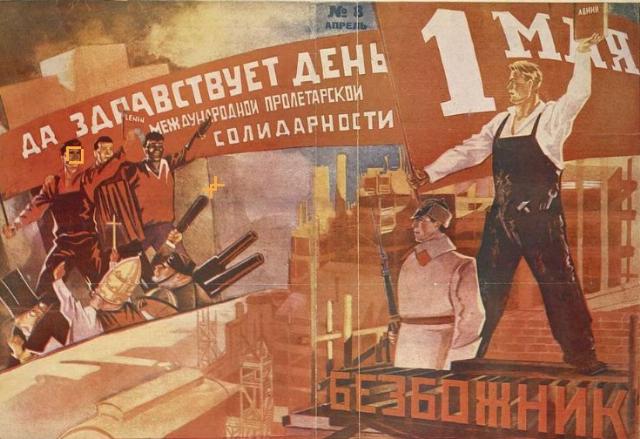


For a long time, the American economic system has been defined by the imprecise term "capitalism." The system varies in its application. When conservatives are in power, the government favors free markets and less state intervention. When liberals rule, social safety nets and regulations are given more free rein.
Regardless of the application, America’s economic system maintains robust growth because its most important sectors favor the free market ideal. That is why America stands out economically.
A Changing Narrative
That economic narrative is now changing. State intervention is taking on a positive meaning. Populist movements see government as a political tool they can use to leverage economic policy in favor of their agendas. Government economic holdings are increasing in the name of national security, employment opportunities, or the common good.
Classical economists warn that such use of power is dangerous since it easily becomes abusive. Government overinvolvement in the economy can bog down everything and send the wrong signals to markets. When the government extends favors, it expects others in return. Once the government invests in a project, it tends to sustain it even when it fails.
The new model cannot be called socialism since it does not involve total control of the means of production. However, it is a form of state capitalism, a broadly defined term where the state guides the decisions of nominally private companies and makes demands on them. Others, like the Wall Street Journal, call it corporate statism, which expresses a closer model of cooperation between government and private industry.
Most Americans consider state capitalism in any form to be the problem of China, some European nations, and other leftist states that cannot shake free of the habit of state control of the economy. However, new policies are making it America’s problem, and it must be opposed.
History of State Intervention in America
America has long been presented with the state capitalist or corporate statist temptation. Many trace its origins to the New Deal, where huge government works projects and social programs introduced unseen federal spending levels. Once introduced, the spending never went away.
 Government cooperation with industry is also common in times of war and crisis. The 2008 subprime mortgage crisis and COVID were occasions for bailouts, stimuli, and subsidies, many of which had adverse economic effects. Such measures, however, were in response to extraordinary events that were not sustained over time.
Government cooperation with industry is also common in times of war and crisis. The 2008 subprime mortgage crisis and COVID were occasions for bailouts, stimuli, and subsidies, many of which had adverse economic effects. Such measures, however, were in response to extraordinary events that were not sustained over time.
However, more recent developments have seen policies from both parties that suggest a closer relationship that allows the government to dictate policy and interfere directly in firms and markets.
Injecting Money into the Economy
For example, President Biden’s misnamed Inflation Reduction Act injected $400 billion in clean energy loans into the market. His Chips and Science Act tried to reshape the domestic semiconductor industry with a $39 billion infusion favoring stateside production of chips.
In his turn, as a condition for the Nippon Steel takeover of U.S. Steel, President Trump demanded that the federal government be granted a “golden share,” allowing it to veto plant closings, layoffs, and other management decisions.
Direct government investment in rare earth element extraction will make the state a major stakeholder in these projects as well. In addition, there is talk of the government taking a ten percent share in Intel to save the struggling semiconductor manufacturer.
All these measures involve artificially increasing government involvement as a political tool to garner support for agendas, keep employment levels high, or address national security concerns.
The Perils of State Capitalism
Although it does not take property away or seize the means of production from private hands, this corporate statist option distorts markets and causes crises. The artificial infusion of money into areas of concern is a recipe for inefficiency.
The most cited example of the dangers of state capitalism is the Chinese Communist Party’s strong presence in nominally private companies. Xi Jinping’s recent crackdowns are turning Chinese industry, with its imported capitalist methods and technology, into a formidable weapon against the West. Harnessed in this way by the state, the economy loses its nimble character. The result is central planning that leads to huge overproduction, which causes prices and profits to plummet. The world is flooded by cheap Chinese goods that destroy local competition.
The American Danger
The corporate statist temptation in America is much less pronounced than in China, Europe, Brazil, or other government-heavy economies. Nevertheless, it is a danger that should be avoided at all costs.
Government policymakers might see increased participation in the economy and revenue sharing as a way to prosperity. However, such moneymaking schemes rarely work out.
There is a vast graveyard of failed pet projects. These include Foxconn’s promised factory in Wisconsin and Tesla’s solar-panel disaster in New York. It also consists of current projects like America’s ragtag air traffic control system or the ever-ailing Amtrak railroad system, which is forced to keep unprofitable routes for political, not economic reasons.
State capitalism is dangerous. Government should be limited to what it does best -- governing. That means providing moral guidance and serving as a source of unity. Government should be a guardian of the common good, encouraging people to move together in a good direction. It should take good care of its direct responsibilities -- foreign policy, defense, sound monetary policy, the protection of international trade, and so forth -- and not get involved in financial schemes to make money. Each sector of the nation has its role and functions. They work best when they do what they should and avoid entanglement in the affairs of others.
Image: Public Domain
